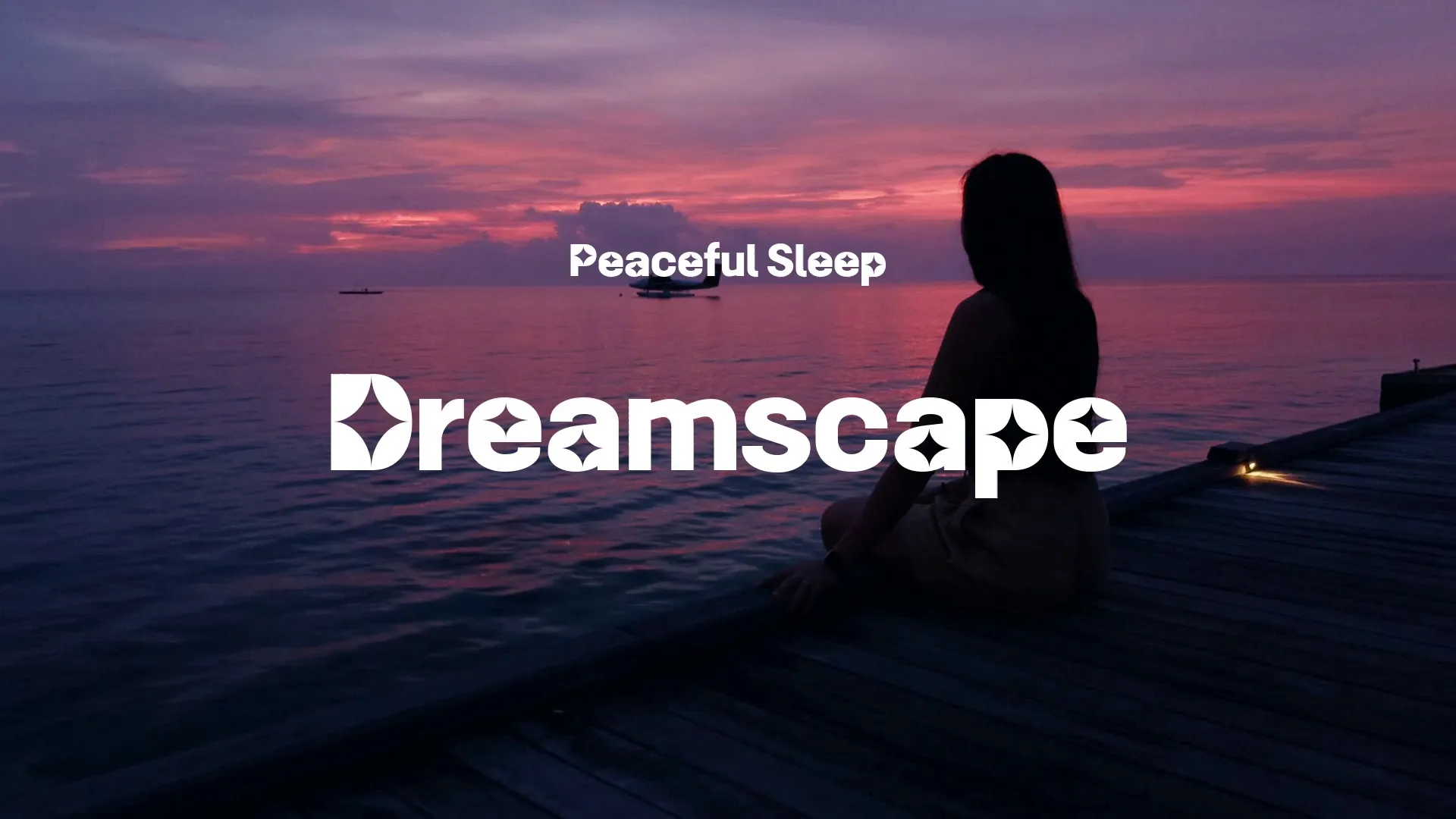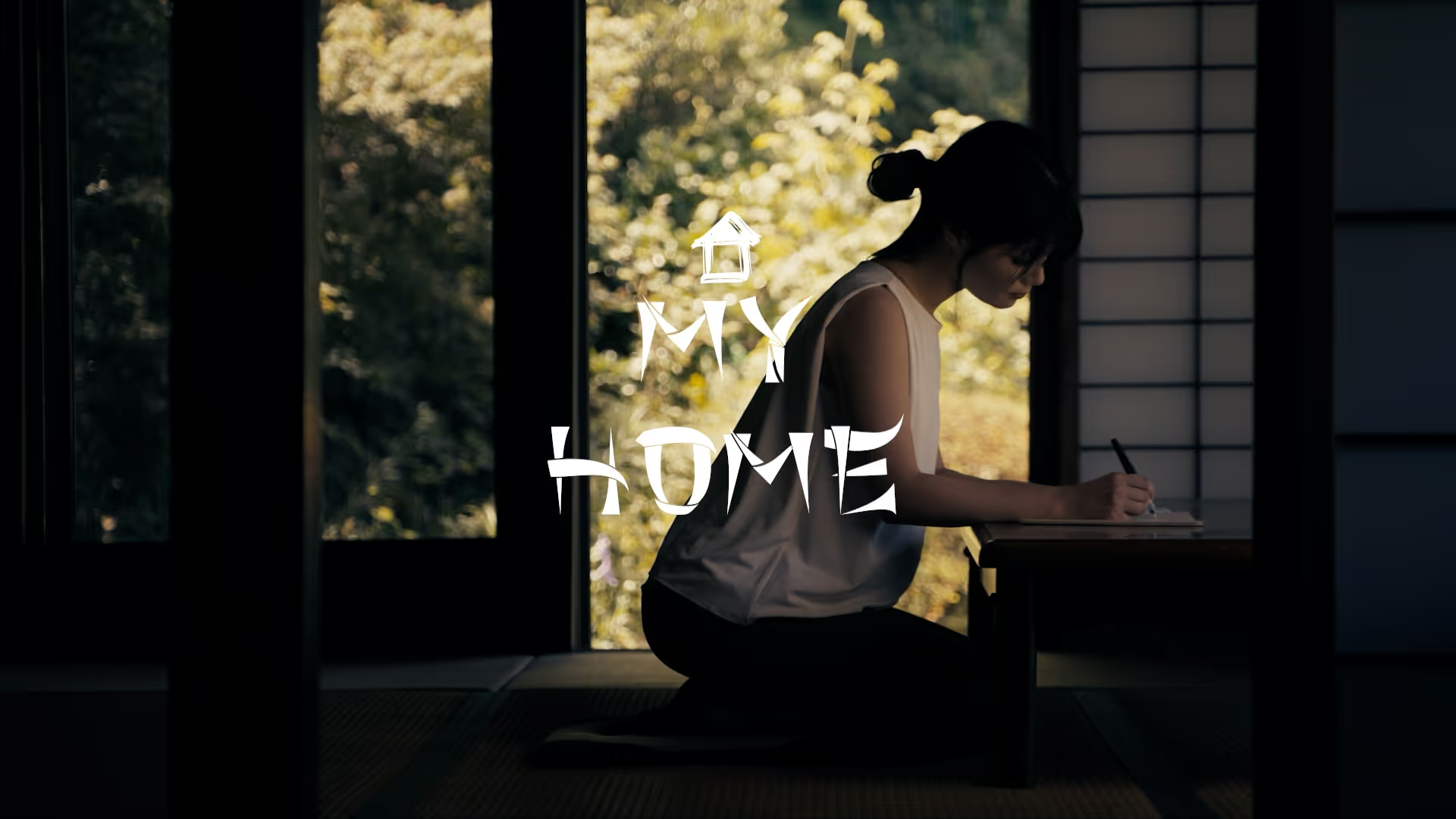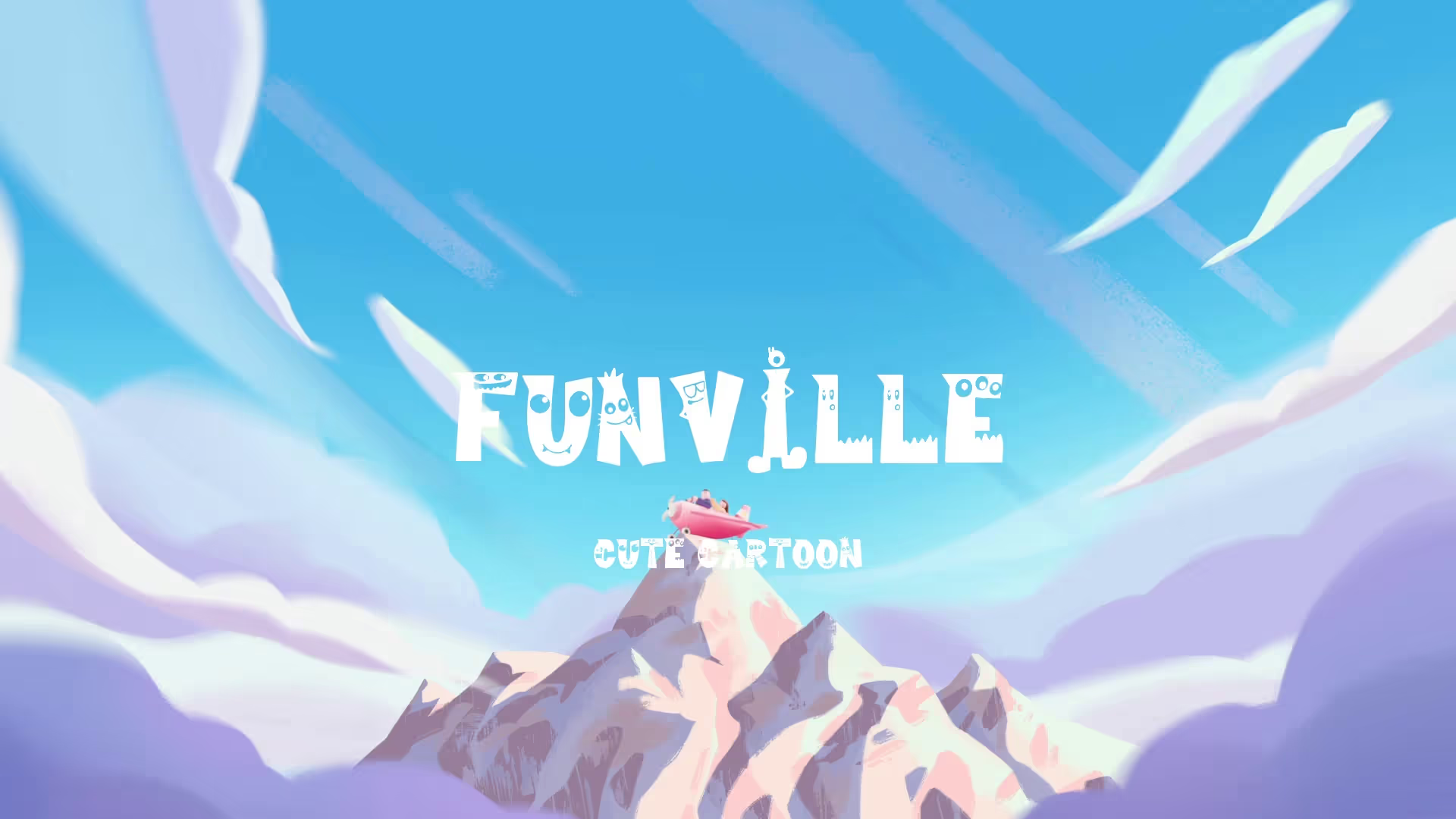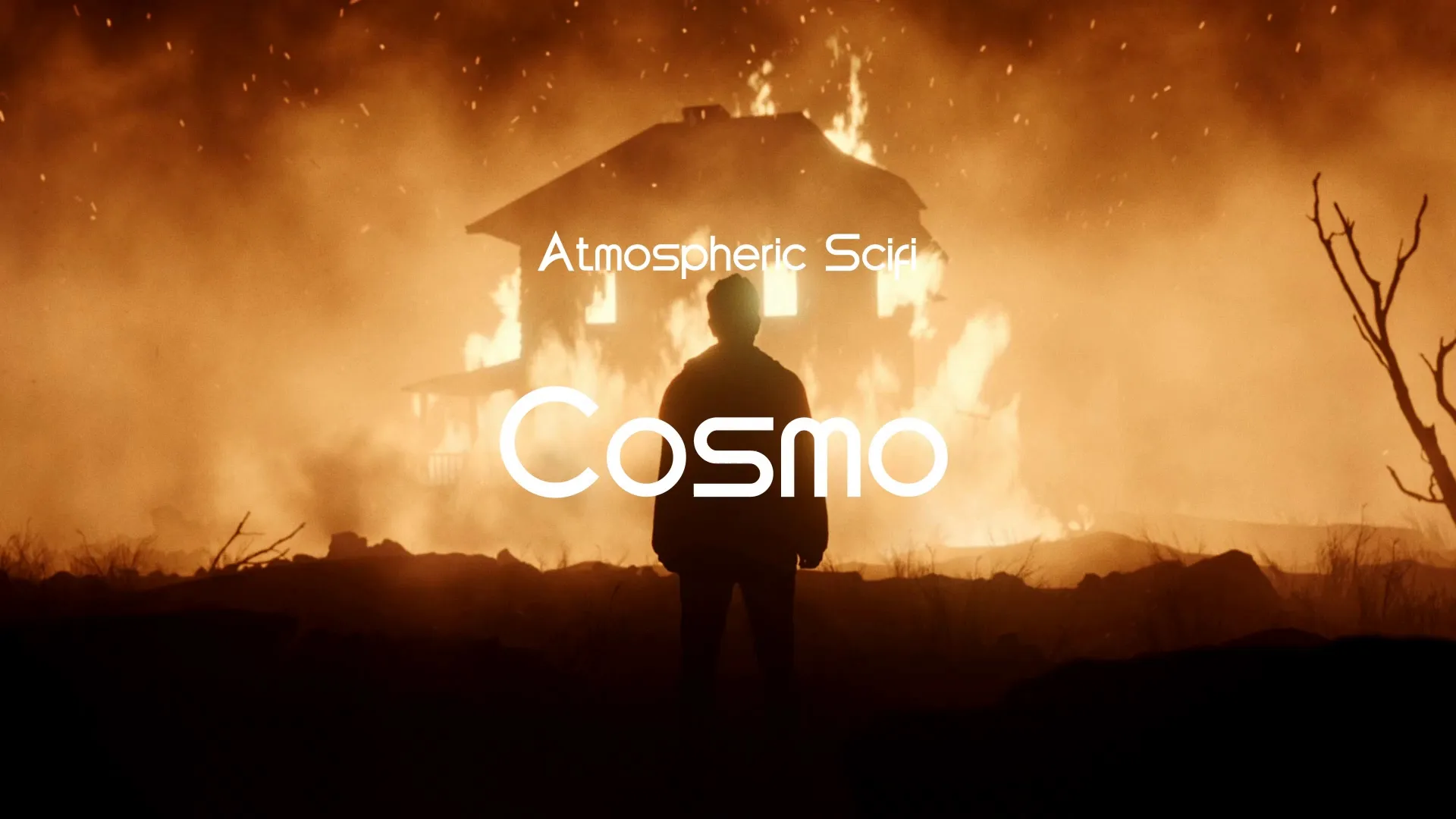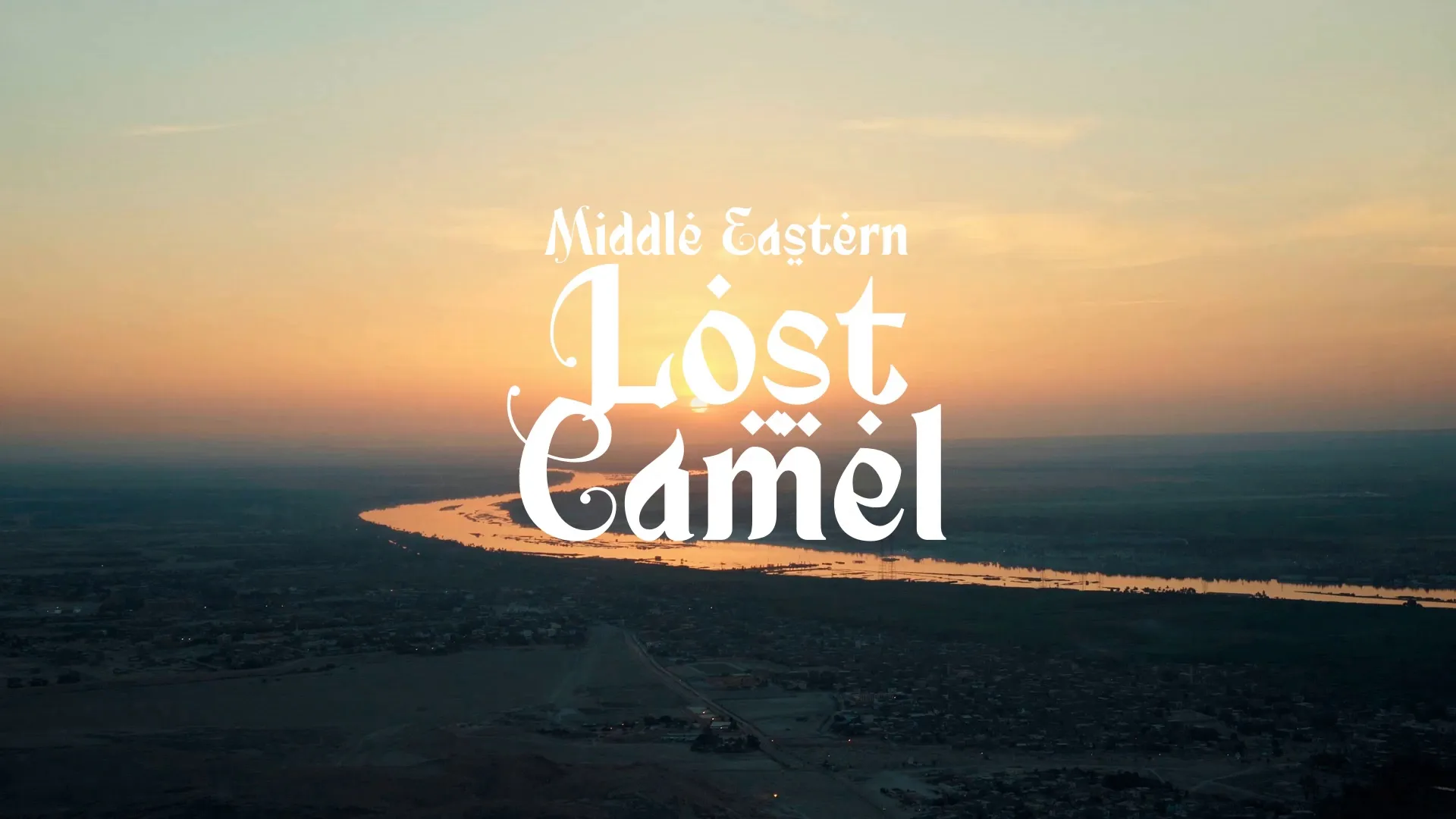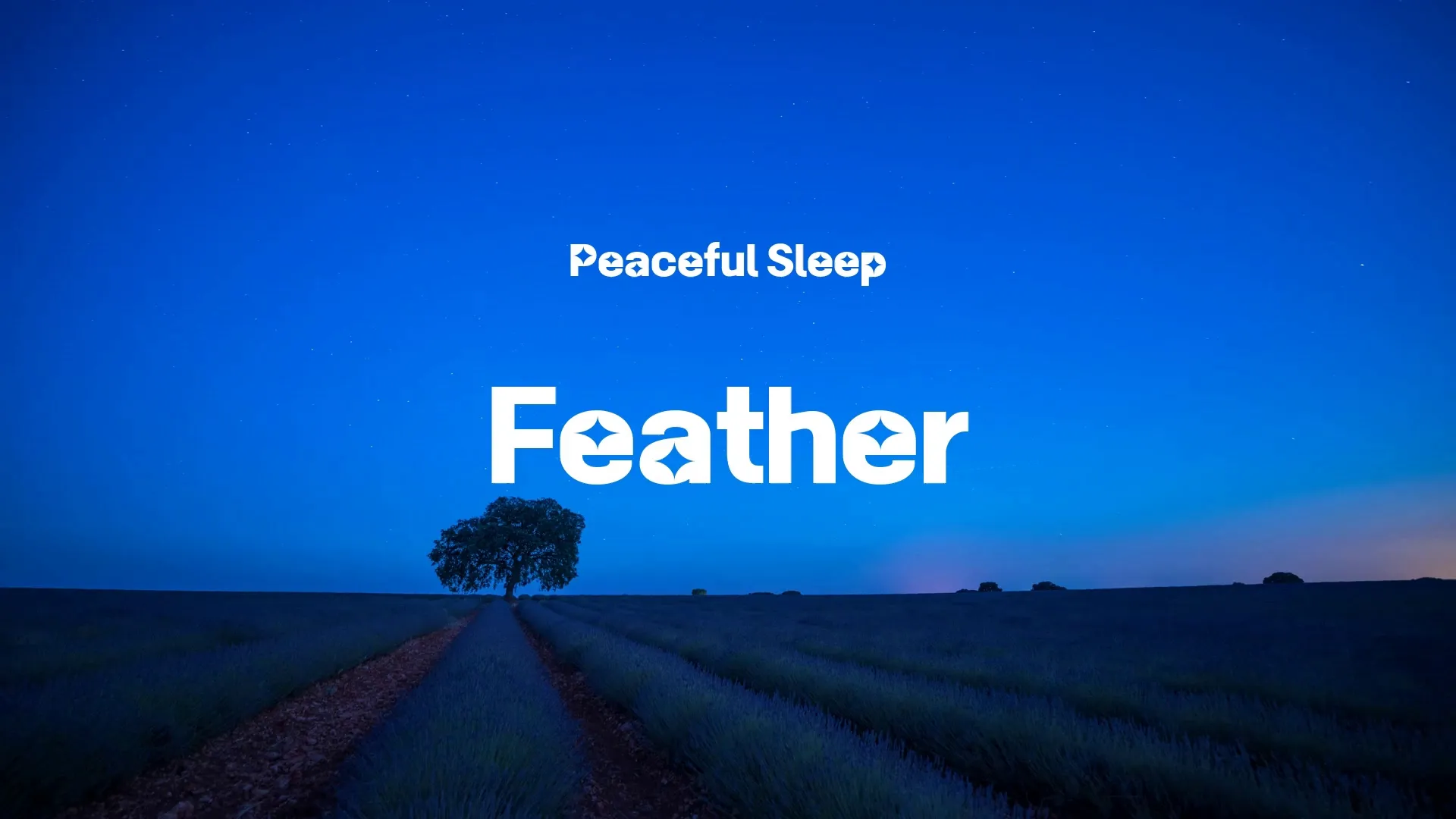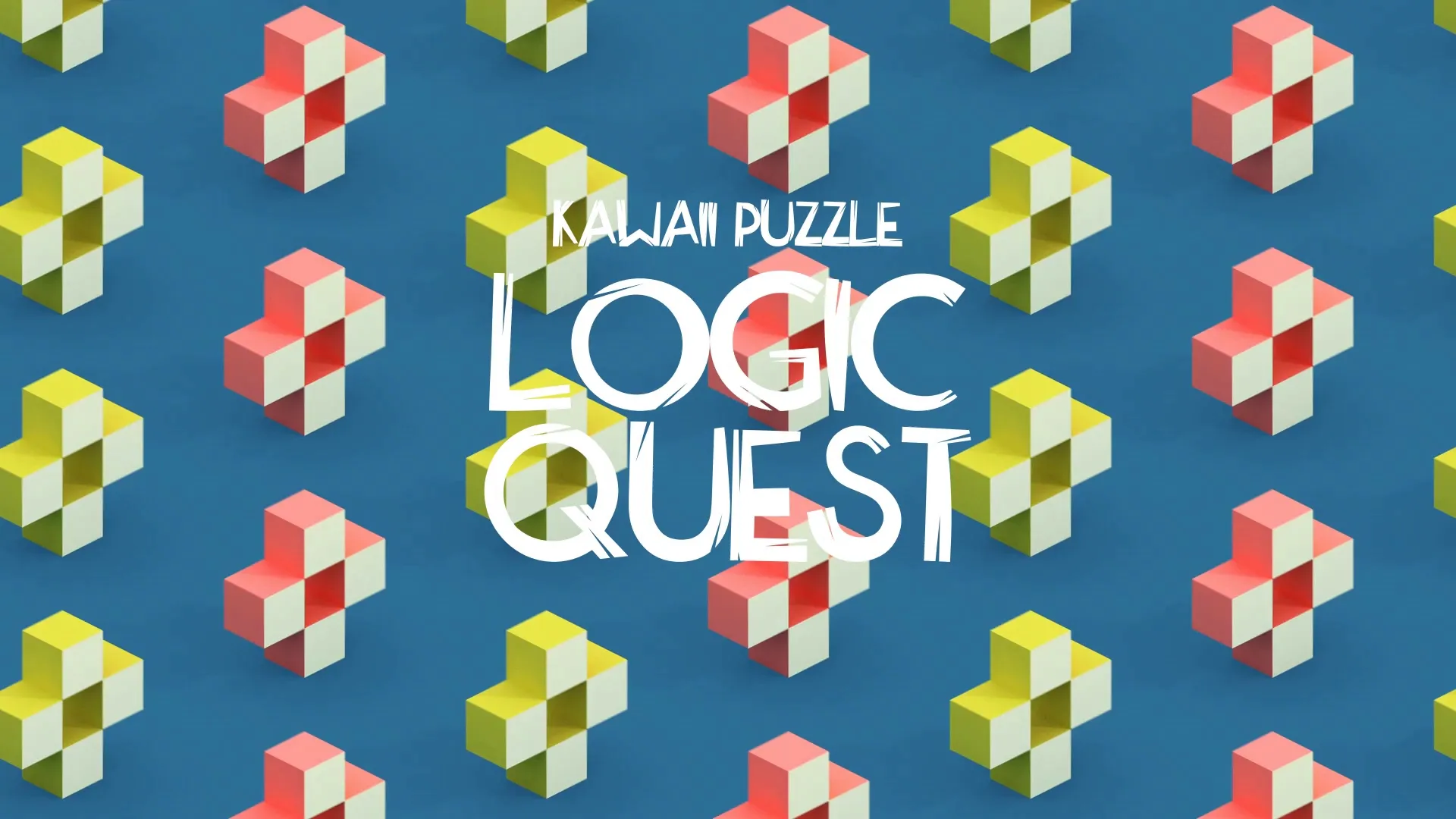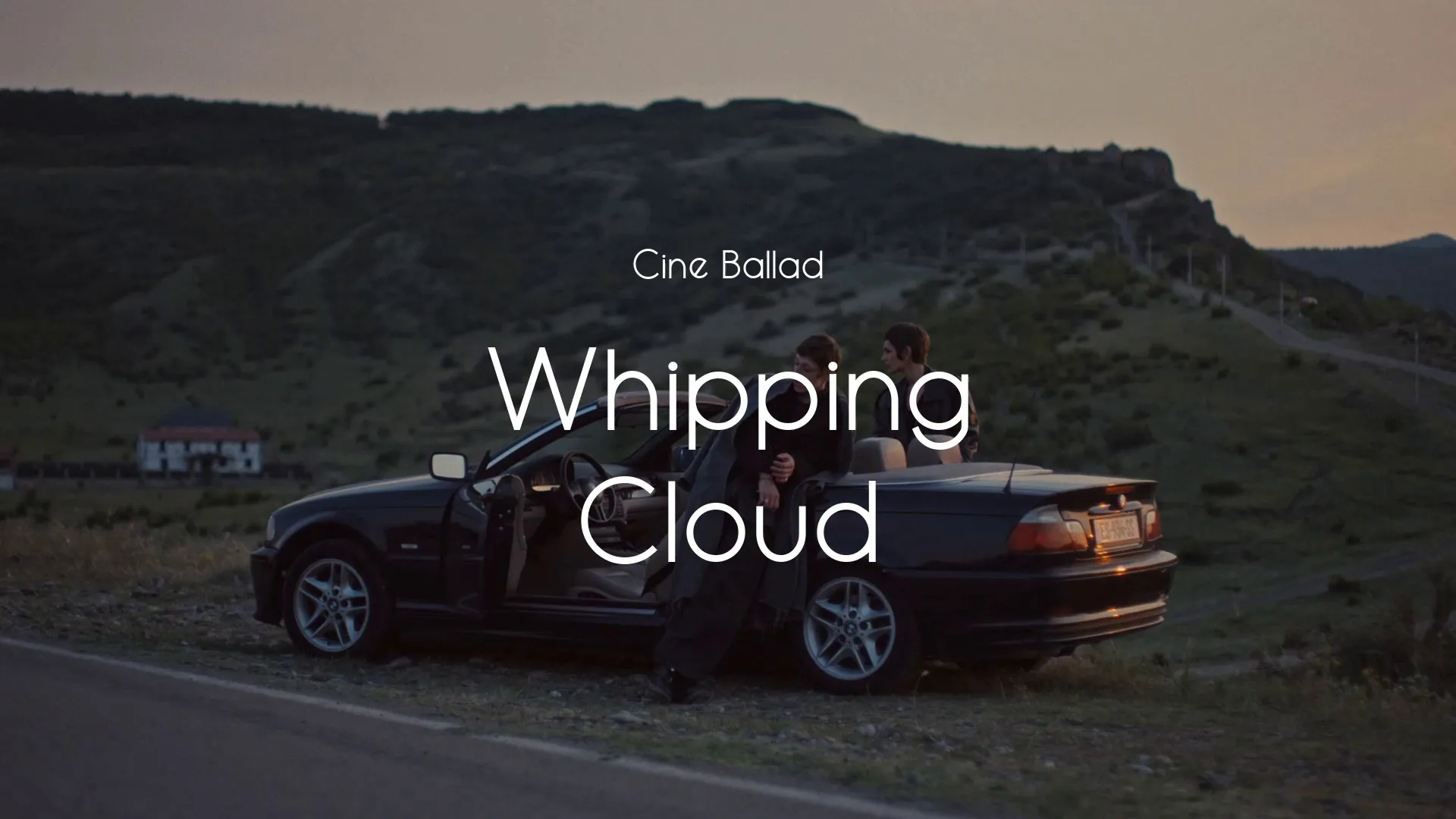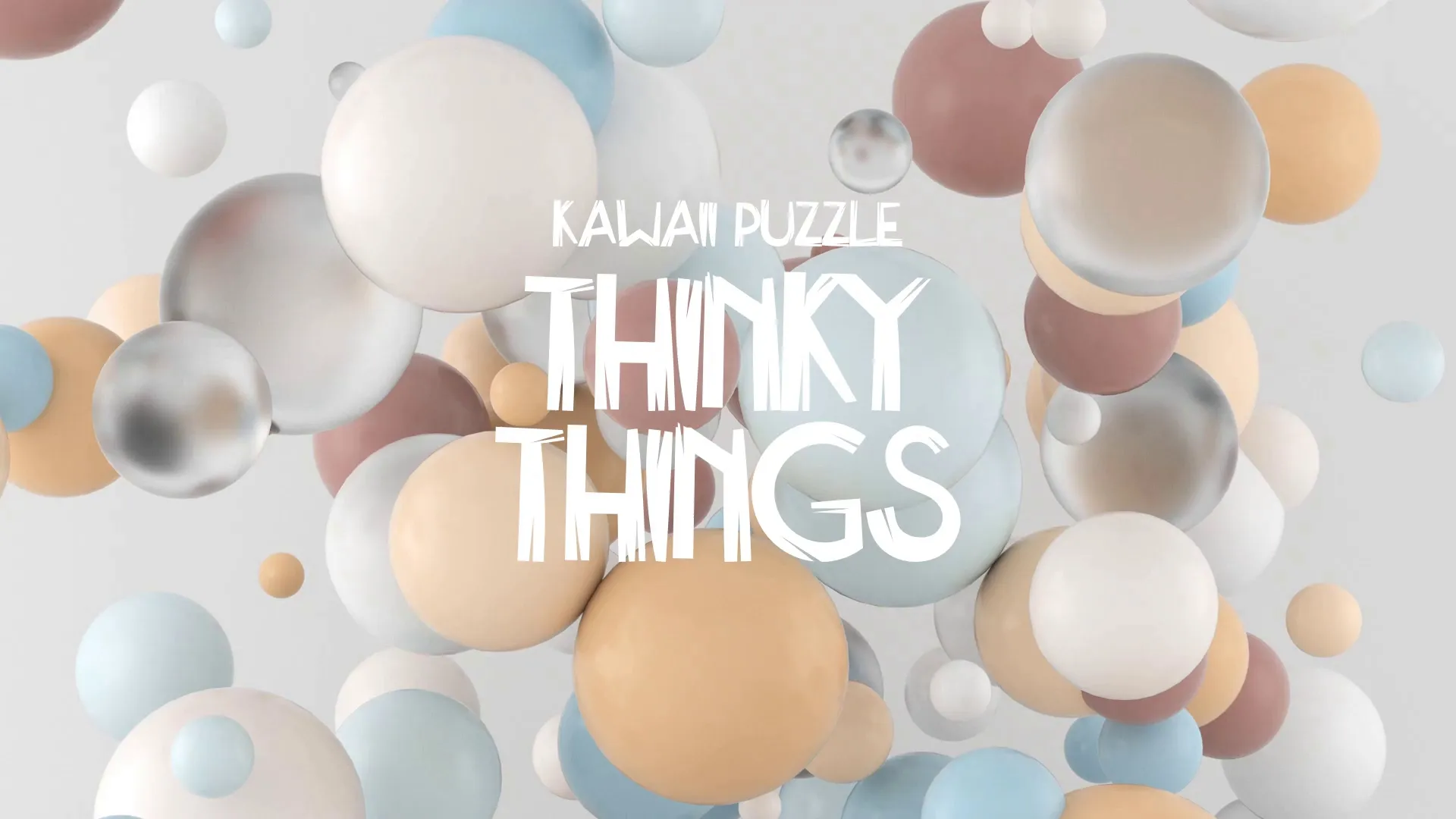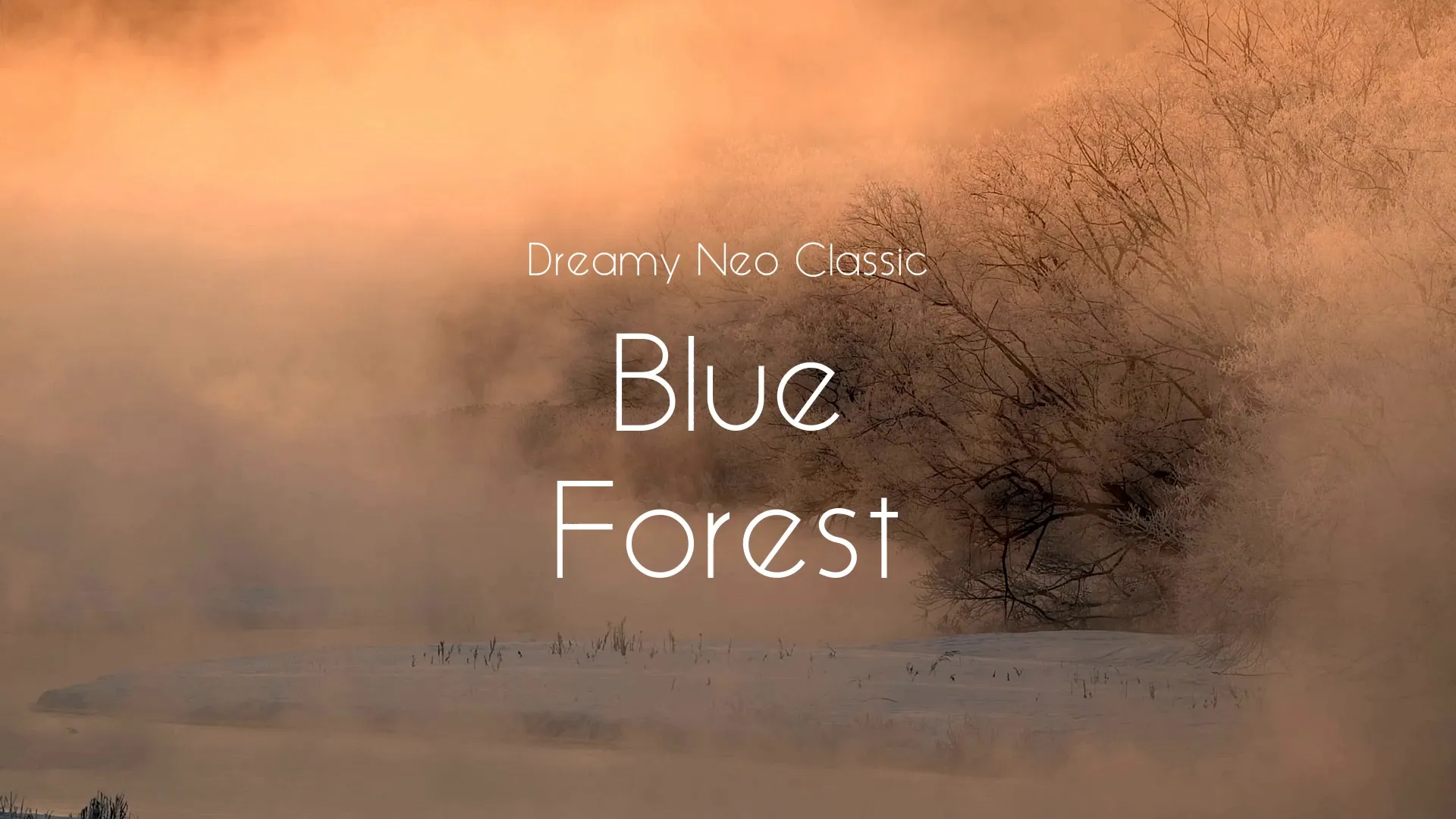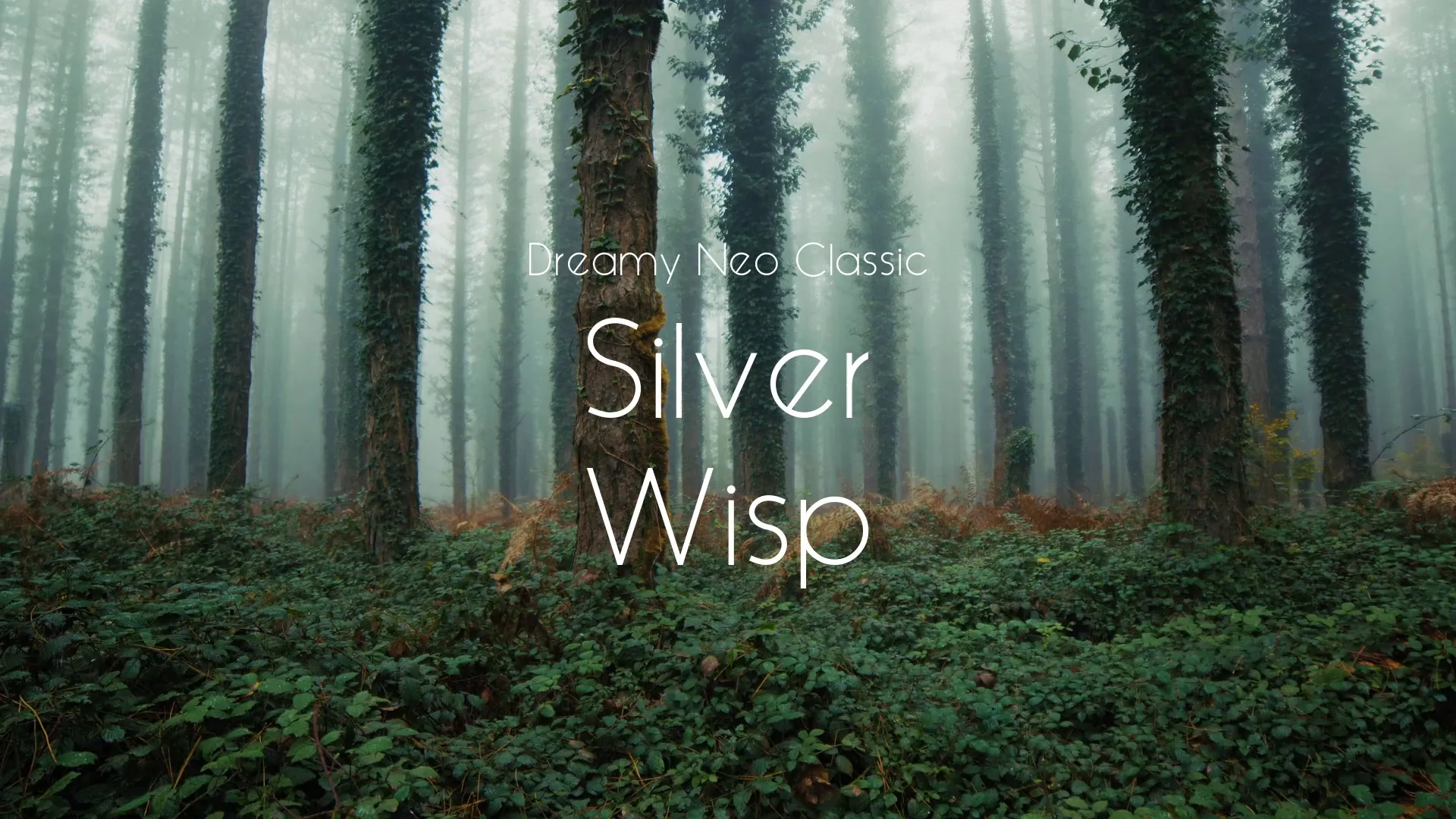Legal & Licensing for Game Sound: Protecting Your Audio Assets & Avoiding Copyright Issues
Sound design is crucial for immersion in any game, yet its legal and licensing aspects are often overlooked by indie developers. Navigating copyright and ensuring your audio assets are legally sound is essential to avoid future complications. This guide provides practical steps to protect your game’s sound design and navigate the legal landscape.
Understanding Audio Licenses
Not all audio is created equal regarding its legal use. Developers must understand the different types of licenses to source sound legally.
Royalty-free licenses are common and allow you to use an asset multiple times without paying royalties for each use. This does not mean it’s free, but rather that the one-time payment covers perpetual usage rights.
Creative Commons licenses offer varying degrees of freedom, from unrestricted use to requiring attribution or prohibiting commercial use. Always check the specific CC license terms before integrating audio.
Public domain audio is free from copyright restrictions, typically due to age or explicit dedication by the creator. While seemingly straightforward, verifying public domain status can be complex.
Exclusive licenses grant you sole rights to use an audio asset, often at a higher cost. This is beneficial for unique sound design elements that define your game.
Non-exclusive licenses allow multiple parties to use the same asset. This is typical for stock audio libraries.
Sourcing Audio Legally
Finding high-quality, legally usable audio is a key challenge. Many developers look for ‘best sites for free sound effects,’ but caution is necessary.
Stock audio libraries are a reliable source for legally licensed sound effects and music. Platforms like Wayline’s Strafekit offer Audio & Music assets that are royalty-free and suitable for commercial use.
Commissioning original work from sound designers ensures unique assets and clear ownership. A proper ‘game development licensing agreement’ should be in place, outlining usage rights and intellectual property.
Using sound effects from free archives requires meticulous verification of their licensing terms. Many ‘free’ assets may have restrictive clauses or unclear origins, leading to potential copyright infringement.
Protecting Your Original Sound Design
If you create your own audio assets, protecting your ‘game sound design IP’ is straightforward. Copyright automatically applies to original creative works upon their creation.
Registering your copyright can offer additional legal protection and makes it easier to enforce your rights if infringement occurs. This is a proactive step for valuable original assets.
Create a free account, or log in.
Gain access to free articles, game development tools, and game assets.
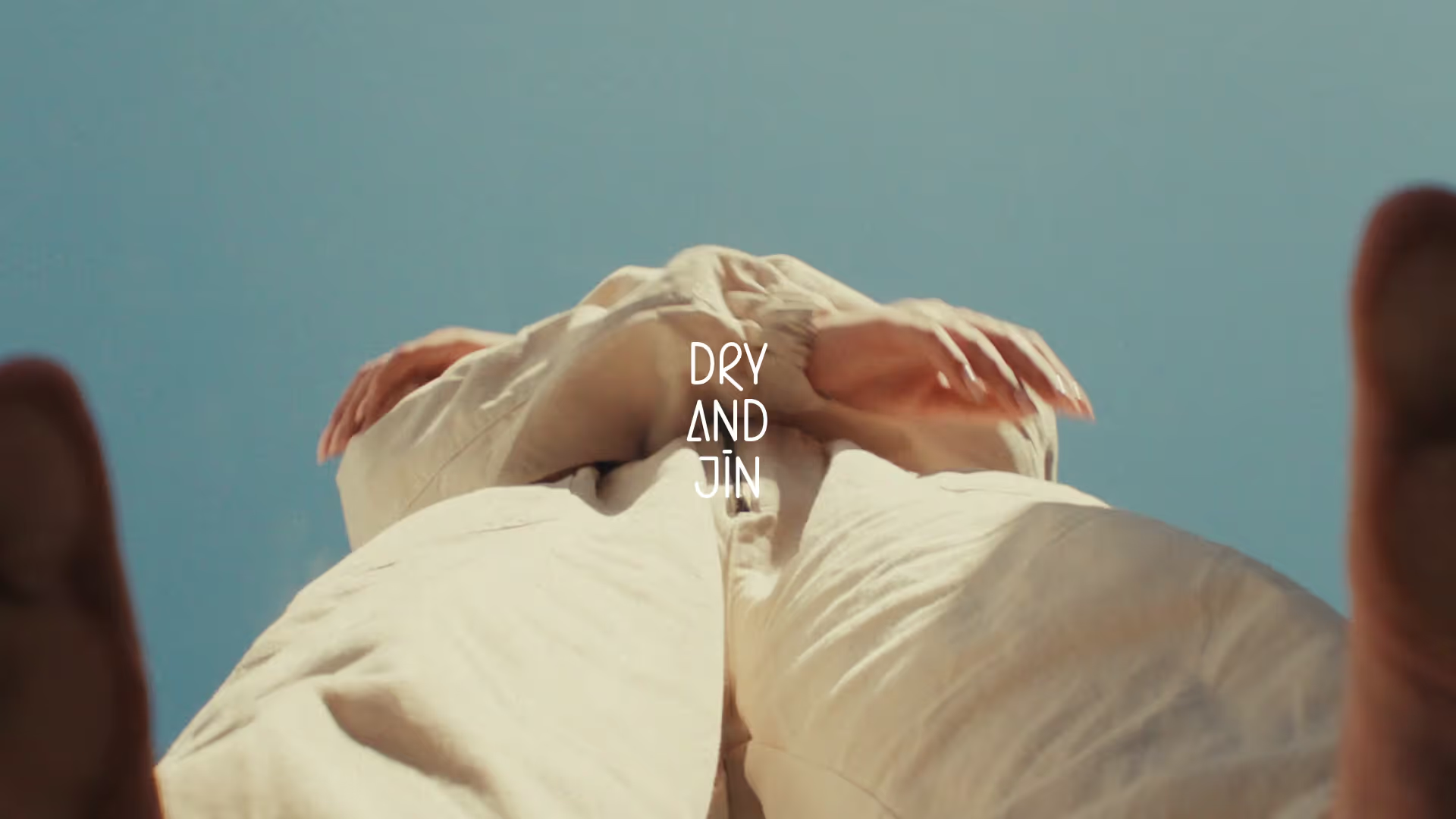

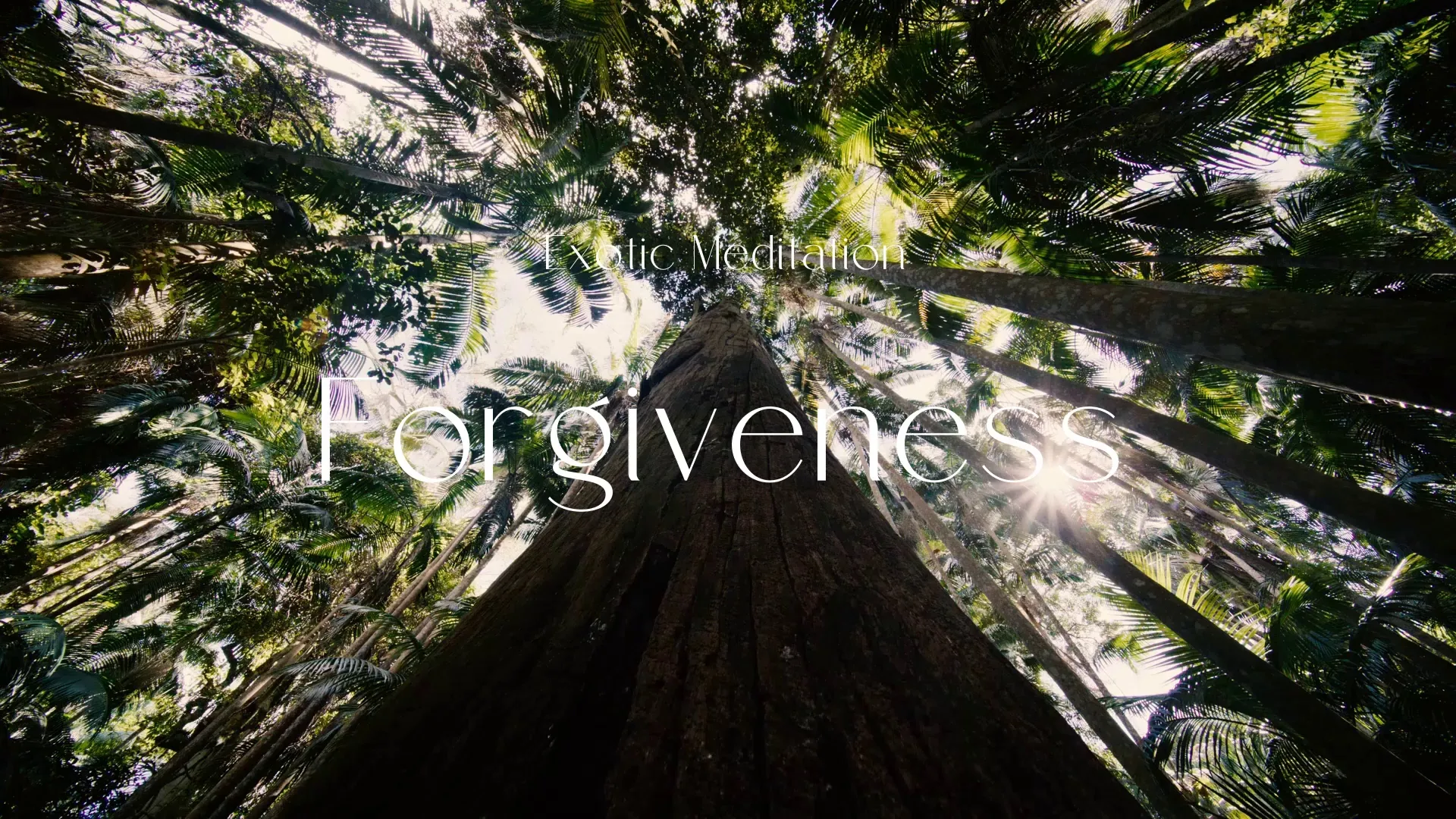



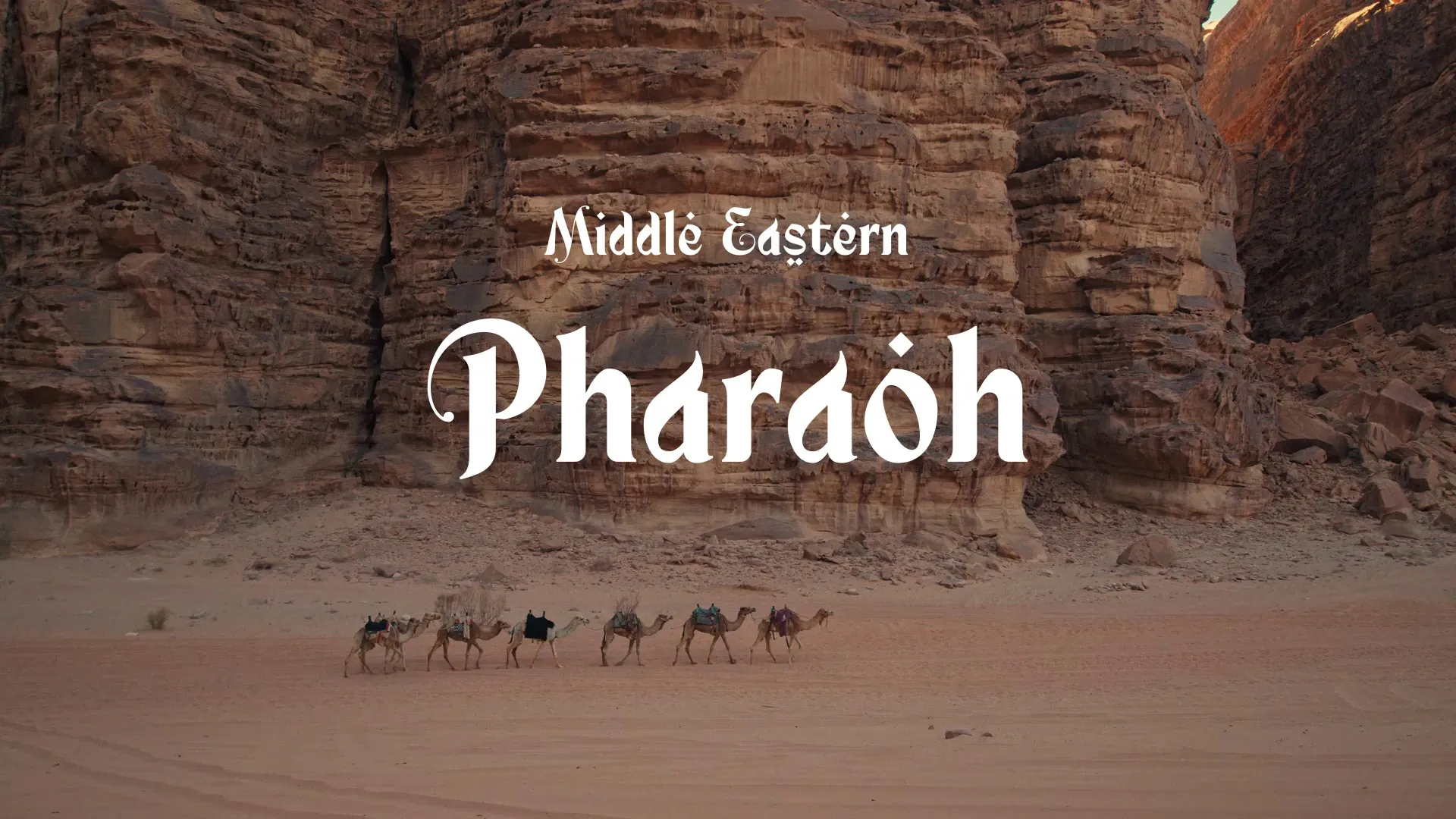
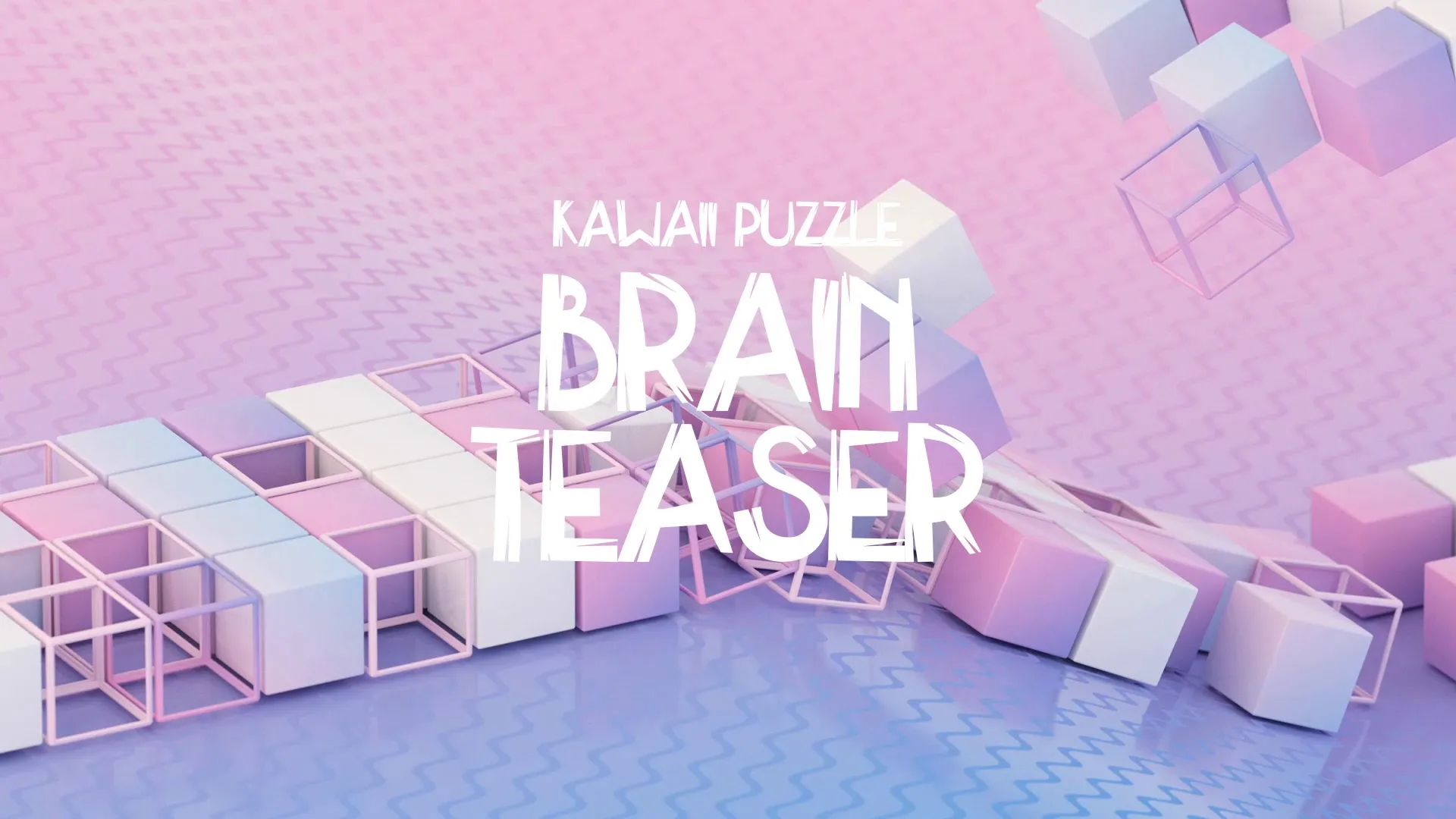
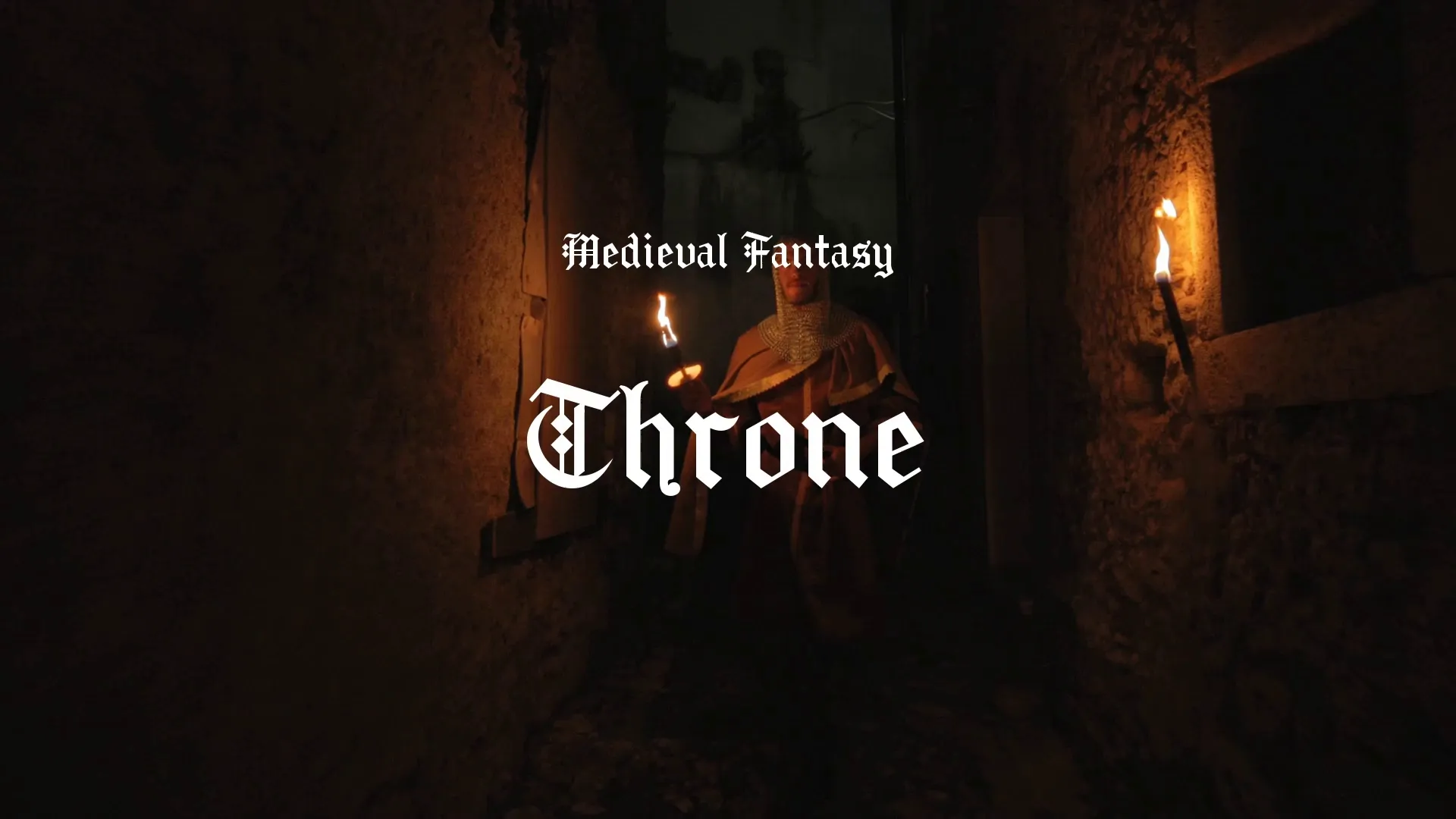
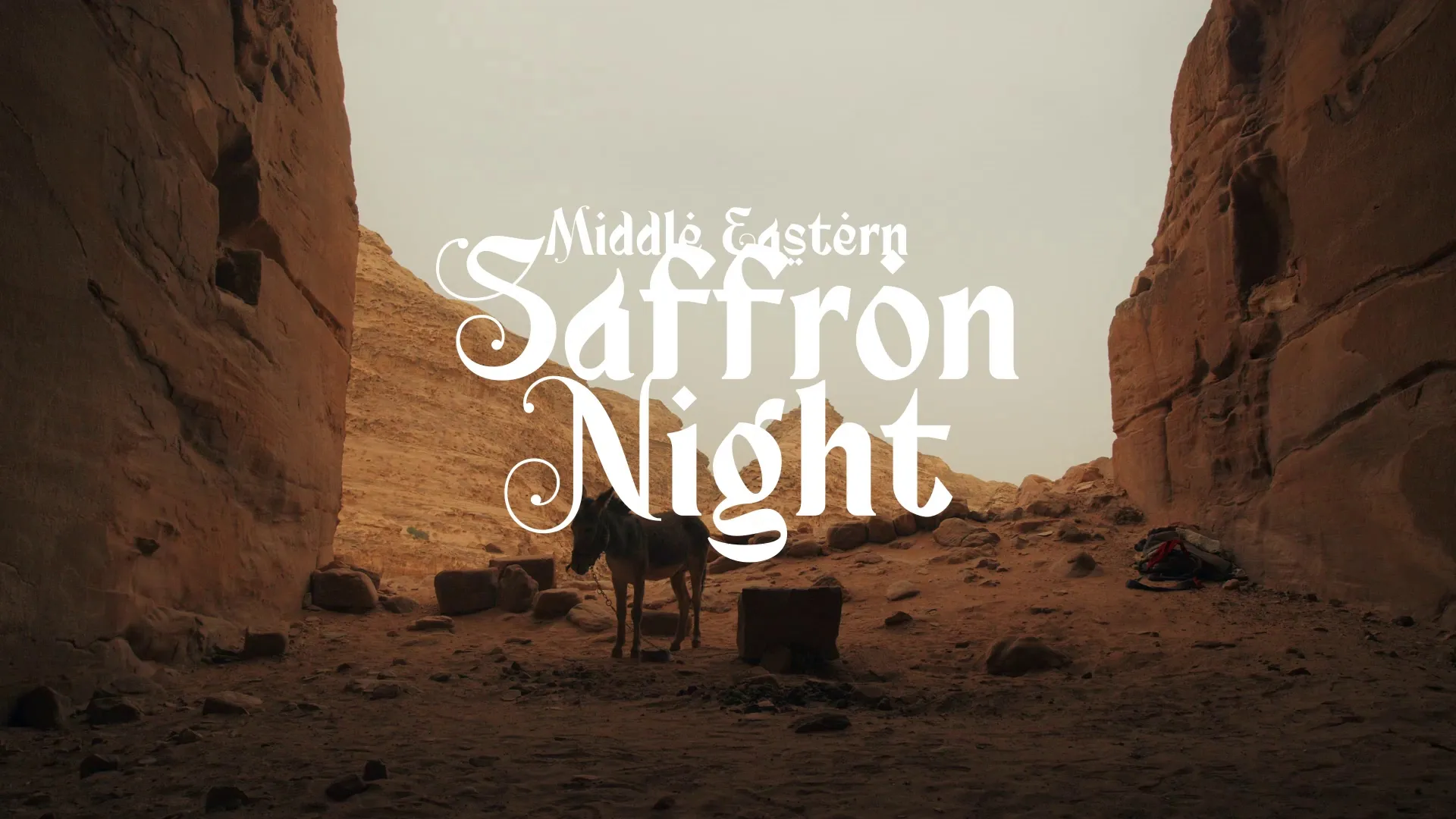
.webp)
